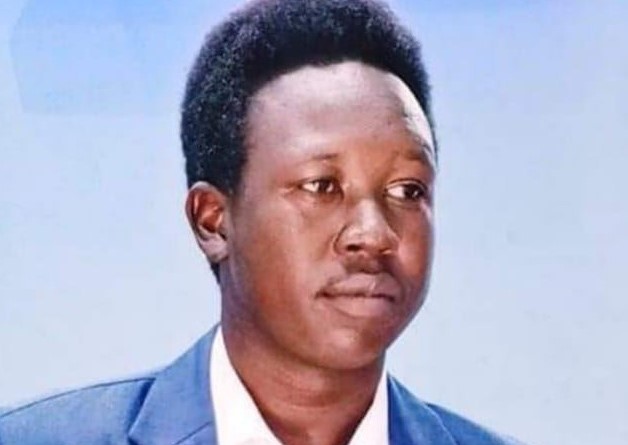While South Sudan reels under the weight of poverty, corruption, and repression, and its streets groan under the absence of security and basic services, the government in Juba seems preoccupied with shady backroom deals, driven by the mindset of cheap political gambling.
The latest act in this dark play emerged from reports of the discussions with a high-ranking Israeli delegation, which allegedly touched on the idea of resettling some residents of Gaza in South Sudan. The government rushed to deny the story, fearing public outrage, but it failed to extinguish the smoke.
The irony is that Juba knows well that even a whisper of such a proposal could inflame the streets—not only because South Sudan has yet to heal from its long, identity-charged conflict with Sudan, but also because introducing such a politically and culturally explosive issue into a fragile society is nothing short of reckless. A nation still struggling to define its own African identity resists any step that could be perceived as undermining its culture, or threatening its future.
What makes this episode more damning is that the leaks were not mere conspiracy theories. According to sources, the South Sudan government offered the idea to Washington, after Donald Trump previously floated the notion of a “different option” for Gaza. The motive was embarrassingly transparent: to curry favor in hopes of lifting the sanctions on arms imports and removing sanctions on senior officials, including a vice-president and his powerful in-laws. In essence, the country was reduced to a bargaining chip on the table of the White House, and traded like a contraband in a back-alley deal.
This was not the first time Juba had placed the dignity of the state on auction. The government previously agreed to accept deported criminals from the United States, with no regard for the social or security consequences in a country barely able to stand on its feet. This is the mindset of a regime that sees every crisis as an opportunity to prolong its rule—even if the price is the erosion of sovereignty and the unraveling of social cohesion.
The true danger lies not only in the potential implementation of such deals, but in the very nature of the regime: a government cornered by corruption and internal fractures, willing to trade anything—including the nation’s identity and future—for temporary relief from sanctions or fleeting international support. Instead of addressing domestic crises, Juba seeks survival by striking dubious bargains abroad, while its people sink deeper into hunger, despair, and isolation.
Popular concerns are not exaggerated. Citizens fear their country becoming a testing ground for international experiments or a dumping ground for unwanted projects. Historical and cultural sensitivities—particularly toward Islam and Arab identity, which are tied to the painful memory of past conflicts with Sudan—remain deeply embedded in the collective consciousness of the people. These are not empty fears but deeply rooted realities that cannot be dismissed.
The bitter truth is that Juba no longer acts like a responsible state, but like a desperate regime driven by survival instincts. Instead of building an economy worthy of its oil wealth, or initiating genuine national dialogue to ease divisions, it chases scandalous deals that place the country’s sovereignty and dignity at risk.
The government may deny the leaks, but it cannot hide the underlying reality. This regime has lost its national compass and is prepared to sell everything—land, identity, sovereignty—in exchange for one more day in power. The people know well that the cost of these reckless bargains will be paid in their blood, their livelihoods, and their cultural future. They will not easily forgive a government that places their nation on the scale of political barter.
The writer, Mahmoud Akot, is a South Sudanese political activist and former spokesperson of the National Democratic Movement (NDM). He can be reached via email: mahmoudakot@gmail.com
The views expressed in ‘opinion’ articles published by Radio Tamazuj are solely those of the writer. The veracity of any claims made is the responsibility of the author, not Radio Tamazuj.




